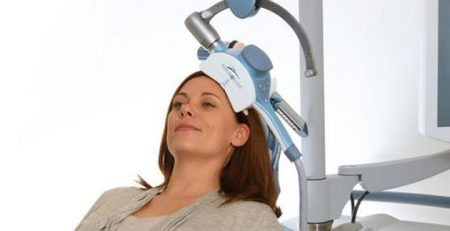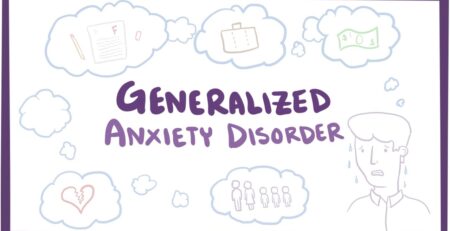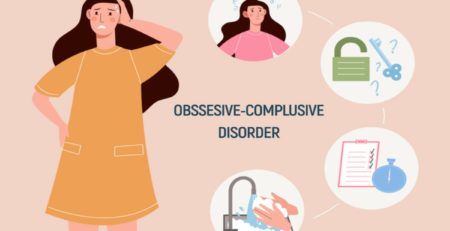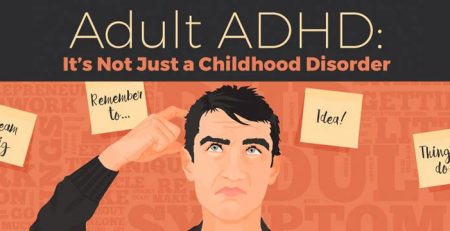It’s a False Life – How Delusional Disorder Affects People
Do you know anyone who is living in the constant fear that someone will harm him or her? Have you ever heard to someone talk for hours about things that don’t exist? There is a high possibility that a person who is exhibiting these signs is suffering from a rare medical condition called delusional disorder.
It is a condition in which the sufferer cannot intelligently distinguish between imaginations and reality. Such a person will cling to false beliefs and refuse to give up, even when presented with facts. While these people do not behave in a definitive odd manner in public, they often have the tendency to get lost in their own thoughts, thus secluding themselves within a crowd.
For the condition to be termed as a mental disorder, the signs need to exist for more than a month. For example, in a conflict-affected zone, a person complaining about hearing gunshots is not suffering from the disorder. The reaction is merely an effect of the environment he or she has been exposed to. But if the condition persists for more than one month, the person may require psychiatric help.
Classification of Delusions
Delusions are called ‘bizarre’ when people within the same environment cannot recognize them. For instance, a person talks about witnessing a snowfall in the desert region. ‘Non-bizarre’ delusions, on the other hand, relate to the incident which can exist but there is no sufficient evidence of their occurrence.
Different Forms of Delusions
Spotting the signs of delusional disorder can be tricky as the person with the condition usually carries out their routine activities in an efficient manner. And save the delusions, there is no apparent change in behavior. Generally, a person who shows the following signs is diagnosed with the disorder:
Grandiose – having the wrong perception of being special.
Somatic – having the wrong perception of suffering from a medical condition.
Jealous – being afraid that someone they trust will cheat on them.
Erotomanic – falsely believing that someone of a higher social standing is in love with them.
Treatment
One of the most difficult aspects of the treatment of this disorder relates to a patient’s denial. An individual who has a delusional disorder doesn’t seek medical treatment. For people who seek professional help, experts may opt for psychotherapy or antipsychotic medications, depending on the nature of the disorder.











